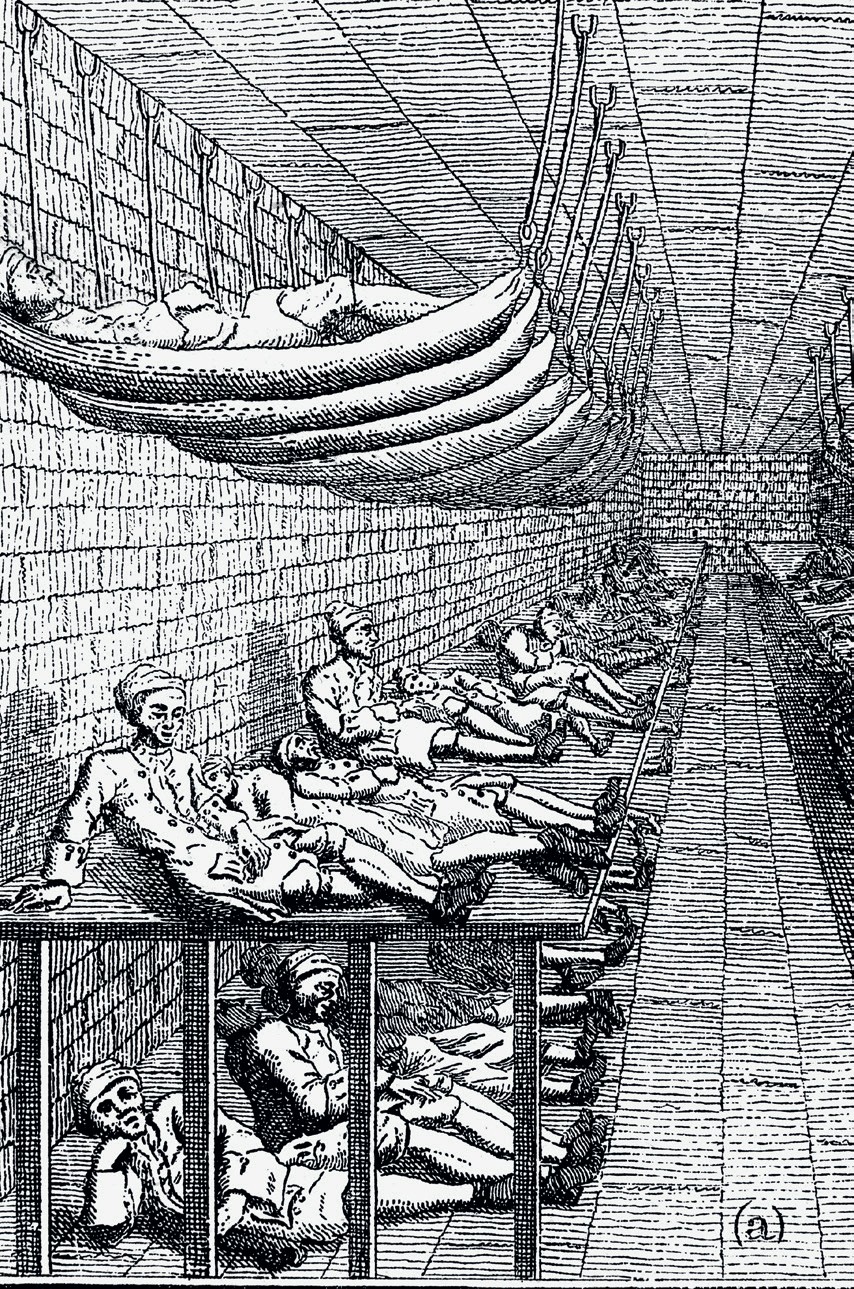
Howard took his job as High Sheriff of Bedfordshire seriously and conducted an inspection of his county gaol in person. What he saw shocked him. The prison was overcrowded, dirty and unhygienic, and many prisoners were dying from disease and ill health. Howard visited other gaols and wrote a report (The State of the Prisons in England and Wales) which began a movement for prison reform.
Inspired by her Quaker religion, Fry visited Newgate Prison and was horrified by the conditions prisoners were kept in. Over the next few years, she taught needlework to female prisoners and set up a school for the children incarcerated with their mothers. Fry also set up charities and appealed to middle-class women to join the prison reform movement.
Your organisation does not have access to this article.
Sign up today to give your students the edge they need to achieve their best grades with subject expertise
Subscribe



